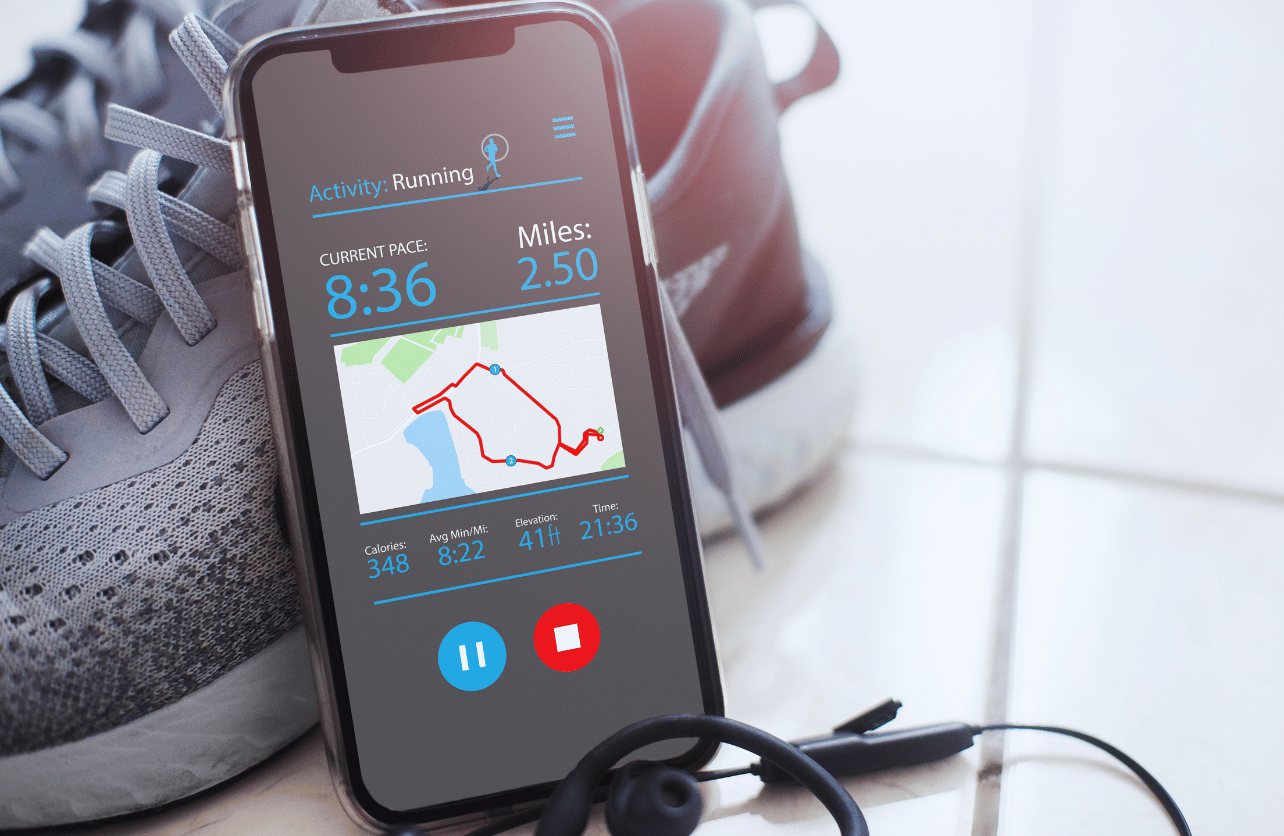Why Running Trails and Roads Both Deserve a Place in Your Training Plan

When it comes to running, most runners find themselves choosing between hitting the pavement or exploring the trails. Both running on roads and trails offer unique benefits, and integrating both into your training plan can elevate your running experience and performance. Whether you’re preparing for a race, seeking variety in your workouts, or just wanting to enjoy the great outdoors, combining road and trail running can offer a well-rounded approach to your fitness routine.
The Benefits of Road Running

Consistency and Convenience
One of the primary advantages of road running is the convenience it offers. Roads are easily accessible whether you live in an urban area or a suburban neighborhood. The consistent surface allows you to maintain a steady pace, which is especially beneficial when you’re working on speed or trying to hit specific mileage goals.
Speed Training
The smooth and predictable nature of roads makes them ideal for speed training. Whether you’re doing interval workouts, tempo runs, or just trying to improve your pace, road running provides the perfect environment for focusing on speed without worrying about uneven terrain.
Measuring Progress
Road running allows for easy tracking of progress. With GPS watches and apps, you can accurately measure your distance, pace, and elevation. This makes it easier to set goals and monitor improvements over time. Races are typically held on roads, so if you’re training for a marathon or a 5k, road running is essential.
Accessibility
Most people have access to roads right outside their doors, making it easy to fit in a run whenever your schedule allows. This accessibility can help maintain consistency in your training, which is crucial for long-term improvement.
The Benefits of Trail Running

Strength and Stability
Trail running, on the other hand, introduces your body to a variety of terrains—rocks, roots, mud, and hills. This variability requires more strength, particularly in your legs and core, to navigate. Running on trails can also improve your balance and stability as you adapt to the uneven ground.
Mental Engagement
The ever-changing scenery and terrain of trails keep your mind engaged. Unlike road running, where the monotony of the same surroundings can sometimes make runs feel longer, trail running offers a mental escape. The need to stay alert and focused as you navigate obstacles keeps your mind sharp and helps prevent the mental fatigue that can accompany longer runs on the road.
Reduced Impact
Trails are generally softer than asphalt or concrete, which can reduce the impact on your joints. This can be especially beneficial for runners who are prone to injuries or are recovering from one. The varied terrain can also distribute the stress on different muscles and joints, helping to prevent overuse injuries.
Connecting with Nature
Trail running offers a unique opportunity to connect with nature. The peaceful environment, fresh air, and natural beauty can make running a more enjoyable and fulfilling experience. It’s also a great way to escape the hustle and bustle of everyday life and find some tranquility.
Why Both Should Be in Your Training Plan

Preventing Burnout
Incorporating both road and trail running into your training can help prevent burnout. The variety of terrain and scenery keeps your runs interesting and prevents the monotony that can come from sticking to one type of running. This variety can keep you motivated and excited about your training.
Comprehensive Fitness
Running on different surfaces develops different muscle groups. Roads focus more on speed and endurance, while trails enhance strength, stability, and agility. By integrating both into your routine, you create a more balanced fitness program that can improve your overall running performance.
Versatility in Training
If you’re training for a race, especially a trail race, it’s crucial to include trail running in your plan. However, the endurance and speed gained from road running can be incredibly beneficial when tackling the varied terrain of a trail race. On the flip side, trail running can make you stronger and more resilient, which can improve your road race times.
Mental Toughness
Both road and trail running build mental toughness in different ways. Road running tests your ability to maintain pace and focus over long, monotonous stretches. Trail running challenges you to stay present and navigate obstacles, often under less-than-ideal conditions. Together, they prepare you mentally for anything a race or workout might throw at you.
Incorporating Both into Your Routine

Weekly Alternation
One effective way to balance both road and trail running is to alternate them throughout the week. For example, you might do speed work and long runs on the road, and recovery runs or hill workouts on the trails. This approach allows you to capitalize on the strengths of each running surface.
Seasonal Shifts
Depending on where you live, seasonal changes might naturally shift your running preferences. In the winter, when trails might be snowy or muddy, you might find yourself running more on the road. Conversely, in the warmer months, you might seek the shade and cooler temperatures of the trails.
Cross-Training Days
Consider using trail running as a form of cross-training. On days when you’re not focused on speed or distance, hit the trails for a more relaxed, yet challenging, workout. The varied terrain can help strengthen your muscles without the same intensity as a road speed workout.
Race-Specific Training
If you’re preparing for a specific race, tailor your training to the conditions you’ll face. For a road race, prioritize road running but don’t neglect the strength benefits of occasional trail runs. For a trail race, spend more time on trails but maintain some road runs to keep your speed sharp.
The Perfect Balance for Optimal Performance
Incorporating both road and trail running into your training plan offers a multitude of benefits, from building strength and endurance to keeping your mind engaged and preventing burnout. By strategically including both in your routine, you can enjoy a more versatile and comprehensive running program that caters to all aspects of your fitness. So, lace up your shoes and explore both the roads and the trails—your body and mind will thank you.
Trustworthy Insights for You
With years of combined expertise in online publishing, OvertimeReviews embodies the lessons learned from SEO strategies to paid advertising experiences. We've navigated the highs and lows, and our goal remains clear: to equip readers with comprehensive information they can trust.
